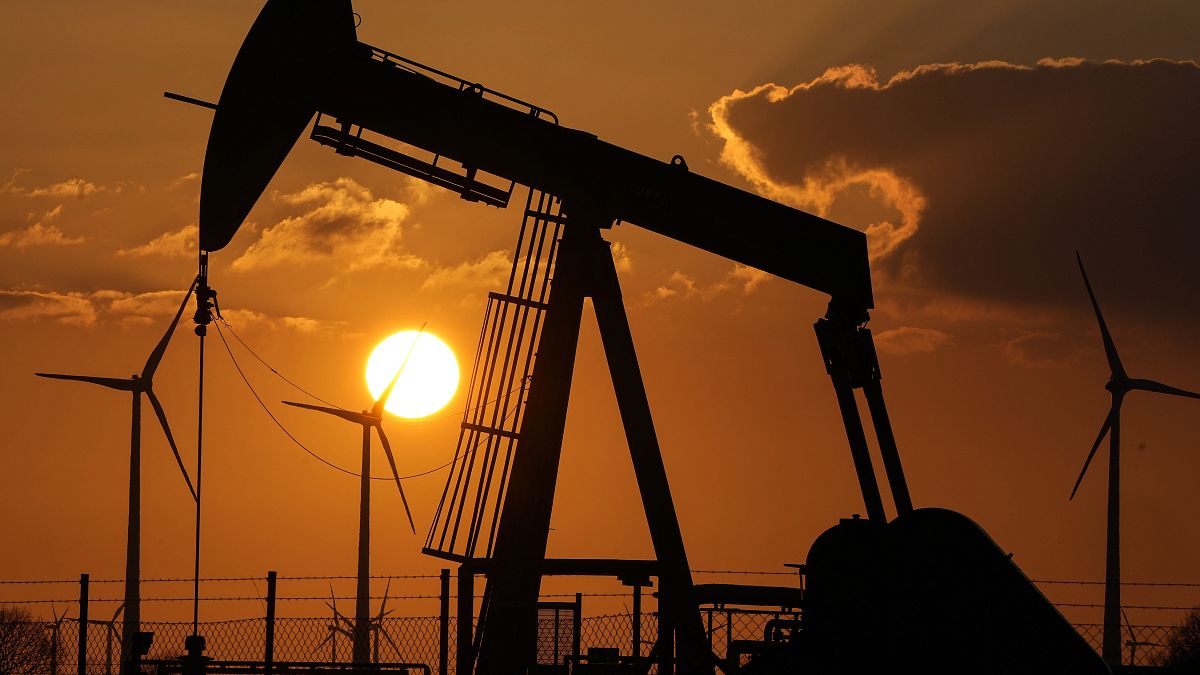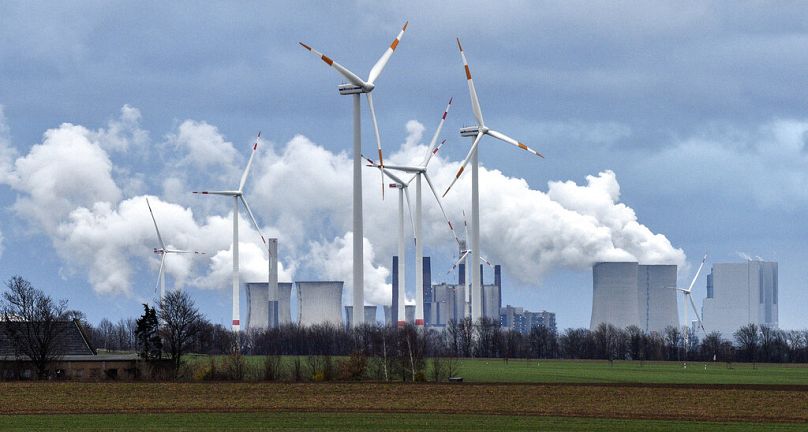Poland says it is putting in place Europe's most radical plan to cut dependence on Russian energy sources. Germany, meanwhile, is preparing for Russian gas to be cut suddenly.
Poland says it is putting in place Europe's most radical plan to cut dependence on Russian energy sources.
Prime Minister Mateusz Morawiecki announced steps on Wednesday to end all Russian oil imports by the end of 2022.
Poland said Tuesday it was banning imports of Russian coal. Morawiecki said he expects coal imports will be ended in May.
Warsaw has also been taking strides to cut reliance on Russian gas. A liquid gas terminal was built in Swinoujscie and is being expanded now, receiving deliveries from Qatar, the US, Norway and other exporters. A new, Baltic pipeline bringing gas from Norway is to open at the end of this year.
Morawiecki says Poland will take steps to become “independent” of Russian supplies and is calling on other European Union countries to “walk away” from Russian fossil fuels. Poland argues that money from oil and gas exports are fueling Russia’s war machine and that that should stop.
Germany issues early warning over gas supplies
Meanwhile, in Germany, the government issued an early warning over natural gas supplies and called on consumers to save energy amid concerns that Russia could cut off deliveries unless it is paid in roubles.
Western nations have rejected the Russian demand for rouble payments, arguing it would undermine the sanctions imposed against Moscow over the war in Ukraine.
Economy Minister Robert Habeck said the move was a precautionary measure as, so far, Russia is still fulfilling its contracts. But he appealed to companies and households in Germany to start reducing their gas consumption.
“There have been several comments from the Russian side that if this (payments in roubles) doesn't happen, then the supplies will be stopped,” he told reporters in Berlin, adding that Moscow is expected to unveil new rules for gas payments on Thursday. “In order to be prepared for this situation I have today triggered the early warning level.”
Habeck, who is also Germany's energy minister and vice-chancellor, said this was the first of three warning levels and entailed the establishment of a crisis team in his ministry that will step up monitoring of the gas supply situation.
Germany’s energy industry association BDEW welcomed the government’s move.
“Even though there’s no shortage yet it’s necessary for all those involved to have a clear road map in case of a supply interruption,” its chairperson Kerstin Andreae said. “This means that we need to make concrete preparations now for the emergency stages, because if there is a supply interruption then things have to happen fast.”
Austria also activated the first level of its emergency plan to guarantee natural gas supplies on Wednesday.
"The early warning level guarantees a rapid reaction" to "ensure gas supplies to Austrian households and businesses", Chancellor Karl Nehammer said.
EU countries scaling back reliance on Russia energy sources
The European Union has so far stopped short of endorsing a blanket ban on energy imports from Russia. In addition to the fact that they are dependent on Russian fossil fuels to make their economies function, many member countries and EU officials are worried that an embargo could be counterproductive since Russia could sell its production -- particularly of oil -- to third countries, likely at a higher price.
Still, Germany, like other countries in the bloc, has taken steps in recent weeks to reduce its dependence on fossil fuel supplies from Russia because of the war in Ukraine.
“On average we in Germany imported 55% of our gas from Russia in recent years, and this has now already gone down to 40%,” Habeck said. Berlin has signed deals with several supplies of liquefied natural gas, or LNG, which is shipped to neighbouring European countries and then pumped to Germany.
Habeck said Germany’s gas storages are currently filled to about 25% capacity.
“The question how long the gas will last basically depends on several factors (such as) consumption and weather,” he said. “If there's a lot of heating, then the storage facilities will be emptied.”
He added that Germany is prepared for a sudden stop in Russian gas supplies, but warned that this would have “considerable impacts” and urged consumers to play their part in preventing a shortage by scaling back demand.
“We are in a situation where, I have to say this clearly, every kilowatt hour of energy saved helps,” said Habeck. “And that's why I would like to combine the triggering of the warning level with an appeal to companies and private consumers to help Germany, help Ukraine, by saving gas or energy as a whole.”
The second warning level would require companies in the gas industry to take necessary measures to regulate supply. The third warning level entails full state intervention into the gas market to ensure that those who most need gas — such as hospitals and private households — receive it, said Habeck.
“We're not there and we don't want to go there,” he added.

